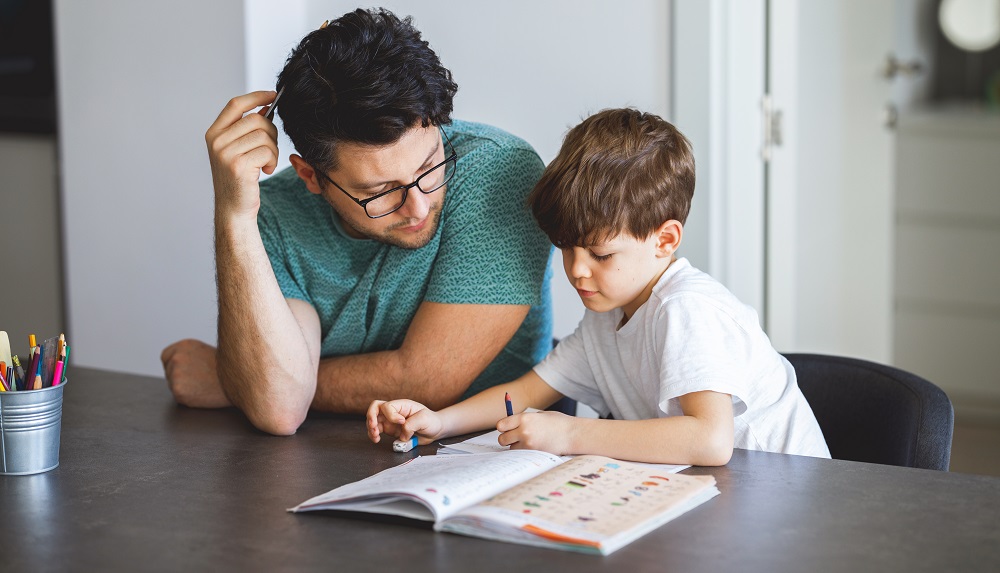Empowering Educators: Home Schooling Parental Engagement

Empowering Educators: Home Schooling Parental Engagement
Home schooling is a collaborative effort, and parental roles play a pivotal role in creating a successful educational experience for children. This article explores the multifaceted responsibilities of parents in home schooling, emphasizing the importance of active engagement and support throughout the learning journey.
Building a Strong Foundation:
Parents are the architects of their children’s education. In home schooling, establishing a strong foundation is crucial. This involves researching curriculum options, setting educational goals, and creating a conducive learning environment at home. The initial planning phase sets the tone for a structured and effective home schooling experience.
Home Schooling Parental Roles – A Hub for Resources:
For a wealth of resources and insights on navigating parental roles in home schooling, visit Home Schooling Parental Roles. This online hub offers articles, tips, and a supportive community for parents taking an active role in their children’s education.
Customizing Learning Approaches:
Each child is unique, and home schooling allows parents to customize learning approaches based on individual needs. Parental roles extend to identifying learning styles, adapting teaching methods, and providing additional support when necessary. This tailored approach ensures that education aligns with the child’s pace and preferences.
Providing Emotional Support:
Home schooling goes beyond academics; it involves emotional support as well. Parents play a vital role in creating a positive and nurturing environment. This includes addressing any anxieties, celebrating achievements, and fostering a love for learning. Emotional support contributes significantly to a child’s overall well-being and engagement in the educational process.
Acting as Learning Facilitators:
While parents may not be subject matter experts in every field, they serve as learning facilitators. This involves guiding the child through educational materials, answering questions, and encouraging independent exploration. The role of a learning facilitator is to ignite curiosity and provide the tools necessary for the child to become an independent learner.
Balancing Structure and Flexibility:
Home schooling requires a delicate balance between structure and flexibility. Parents need to establish routines and schedules, providing a sense of stability. However, flexibility is essential to accommodate individual learning paces and to explore spontaneous teachable moments that arise during the day.
Home Schooling Parental Roles – Active Communication:
Effective communication is a cornerstone of home schooling parental roles. Regular check-ins, discussions about learning progress, and open communication channels create a supportive educational environment. Active communication allows parents to address challenges promptly and celebrate successes together.
Encouraging Curiosity Beyond the Curriculum:
Parents can encourage a love for learning by fostering curiosity beyond the formal curriculum. Trips to museums, exploration of educational documentaries, and engagement in extracurricular activities contribute to a well-rounded education. Parental roles extend to broadening a child’s horizons and instilling a passion for continuous learning.
Staying Informed and Adapting:
Education is dynamic, and staying informed is a crucial parental role. This involves keeping up with educational trends, being aware of new resources, and adapting teaching strategies as needed. Being proactive in staying informed ensures that parents can provide the best possible education for





